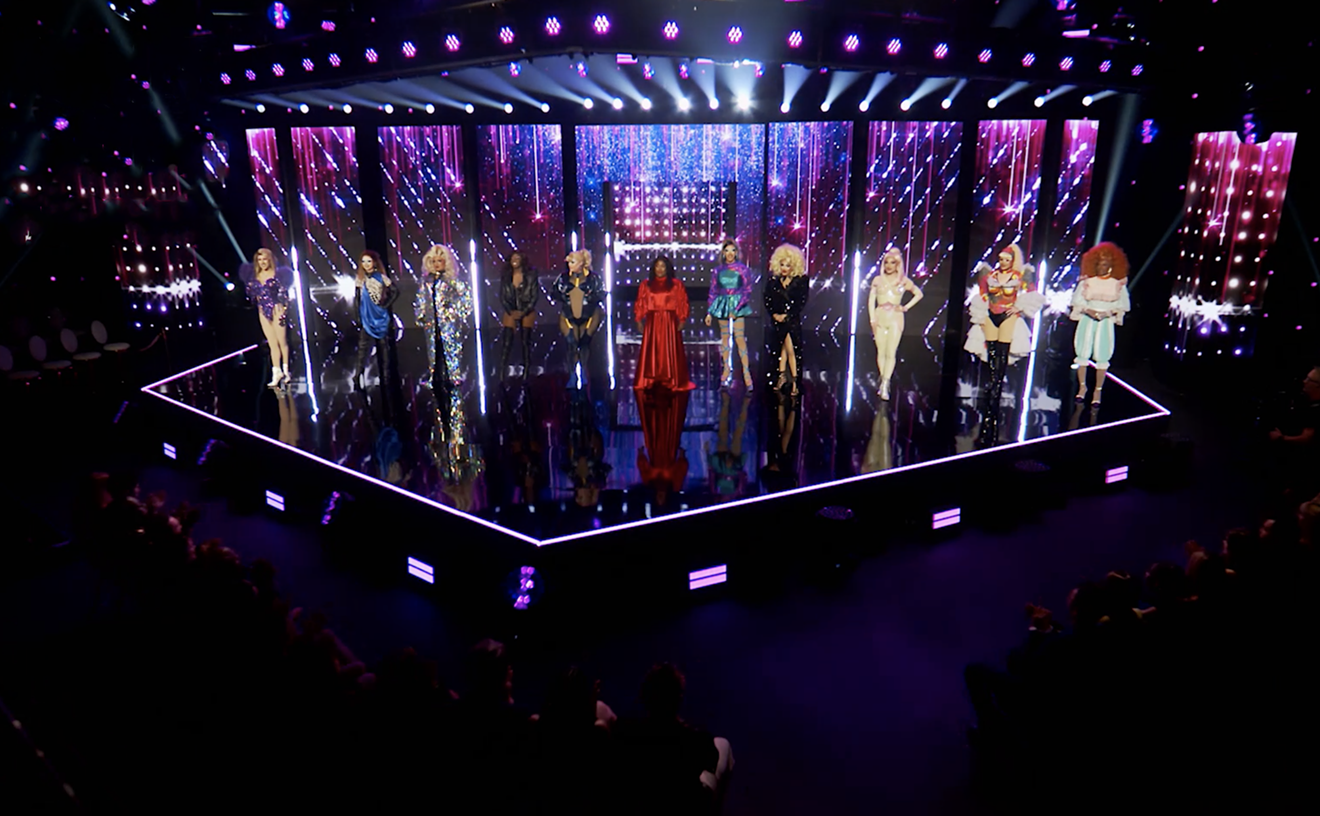Bikel plays Reb Saunders, a complex, conflicted Hassidic rabbi who's at the heart of this play by Aaron Posner and Chaim Potok, adapted from Potok's popular novel. The story tracks the memories of Reuven Malter, who acts as an onstage narrator; he is looking back on his youth, growing up in Brooklyn during World War II while living with his widowed father, David, an Orthodox professor teaching at a yeshiva. Young Reuven makes an unlikely friend in the person of Danny Saunders, Reb's son and designated rabbinical heir, who is as intense and intellectual as Reuven is genial and casual.
Their friendship is an odd coupling -- the Hassidim viewed Orthodox Jews as no better than gentiles with their worldly ways, while the Orthodox Jews looked on the Hassidim as impossible fanatics. Still the two boys share a lot -- widowed fathers, loneliness, and a joy in learning. Reuven meets the imposing Reb, who invites him to study the Talmud, and all seems well. But soon Reuven realizes that Reb and Danny can't communicate at all and the father is using him as a means to reach the son. Meanwhile news of Hitler's atrocities against the Jews reaches Brooklyn, prompting David Malter to speak out forcefully for Zionism and the creation of a Jewish state in Palestine.
Reb is revolted by such talk -- he views a secular Jewish state as an abomination -- and forbids Danny from associating with Reuven because he's David's son. Meanwhile, though, Danny, through his contacts with Reuven and David, is learning more and more about literature and science; he secretly plans to leave rabbinical studies to pursue psychology, a plan he knows will break Reb's heart.
This episodic tale of friendship found and lost is told in an engaging, often humorous way but also includes some serious philosophical dilemmas and intense, often complex, doctrinal disputes. The ideas in this story, however, are part of the action: These characters are wrestling with fundamental questions -- how can one live a meaningful life? Why is there evil in the world? The Chosen presents these concerns not as a lecture but as a part of the struggles between fathers and sons to understand one another.
In this Bikel delivers a masterful performance that's both understated and thoroughly effective. As Reb Saunders, the smallest role in the show, Bikel nails every scene he's in, from his wordless first entrance to a moving last-act reconciliation. His acting style is commanding -- his voice resonates and his presence is riveting; when he hears that his son is reading Darwin, he simply lets his arm drop in silent dismay. Happily, the rest of the cast are up to their tasks as well, with John Lloyd Young a standout as Reb's troubled son Danny. Both Paul Kropfl as Young Reuven and Mitchell Greenberg as his father are also fine. Richard Topol narrates as the mature Reuven in a relaxed, natural style, but he sometimes seems disconnected from any immediate emotional experience, as if he were reading a text rather than feeling something through memory.
The narrator character is a problem in the staging as well. Director David Ellenstein, who has staged other productions of this play, keeps the older Reuven onstage throughout, an ever-present shadow looking on as the other characters work through their conflicts. This works sometimes -- the narrator as commentary interwoven with the lines of the scenes. But at other moments he's just dead weight, a pointless presence that's distracting. Perhaps the overuse of the narration itself, taken directly from the novel, is the inhibiting factor. It's as if the novelist, in the person of the narrator, can't bear to let the actors and the audience create something without him.
The Chosen isn't electric theater -- it's more a character study than a drama, and what action it has meanders at times. But it's thoughtful, literate, and moving, powered by fine performances and rich, detailed production support. Michael Anania's fine set portrays Reb's library on one side and David's on the other, two towering bookcases full of leather-bound tomes backed by a looming image of the Brooklyn Bridge. It's nicely lit by Michael J. Eddy, who works with honey and sepia tones and shadows, evoking both the war era and a sense of past events remembered and lost. The production is also enhanced by Steve Shapiro's complex, evocative sound design, which conjures up an imaginative world -- a baseball game, a political rally, and the hustle and bustle of New York traffic.










